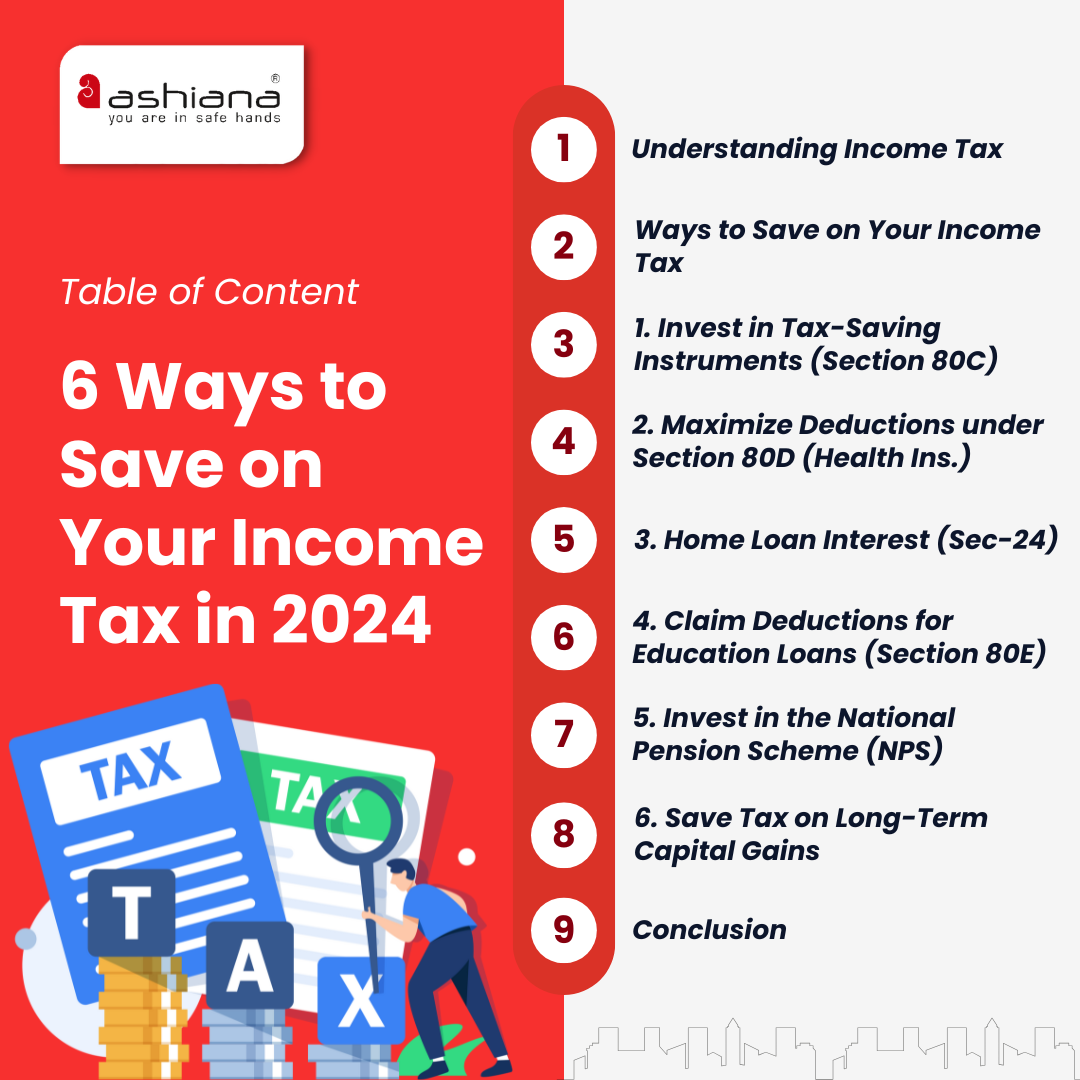

In Budget 2024, the tax slabs for the new regime was revised as follows: Rs. 0 to Rs. 3,00,000 – 0%, Rs. 3,00,001 to Rs. 7,00,000 – 5%, Rs. 7,00,001 to Rs. 10,00,000 – 10%, Rs. 10,00,001 to Rs. 12,00,000 – 15%, Rs. 12,00,001 to Rs. 15,00,000 – 20% and Above Rs. 15,00,001 – 30%.
Sukanya Samriddhi Yojana (SSY)
Just like PPF, the Sukanya Samriddhi Yojana account also has EEE tax status. Hence, the amount invested, interest earned and the maturity amount are exempted from tax. The SSY also comes with a sovereign guarantee.
Ashiana, Ashiana Housing build homes. Homes surrounded by vast green spaces and fresh breeze. Homes cocooned in secured gated complexes. Homes where futures are forged and there are opportunities to grow. And Homes in environments brimming with healthy activity, trust and respect. At heart, we build communities with care.
Other posts by Ashiana
Join 1000+ of fellow readers. Get expert real estate knowledge straight to your inbox absolutely free. Just enter your email address below.